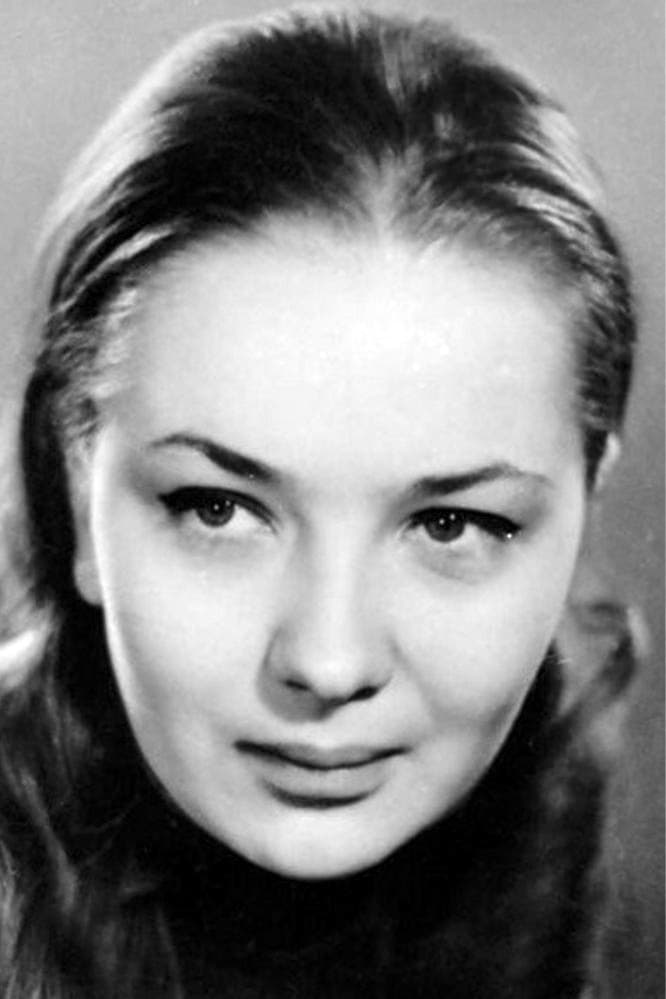
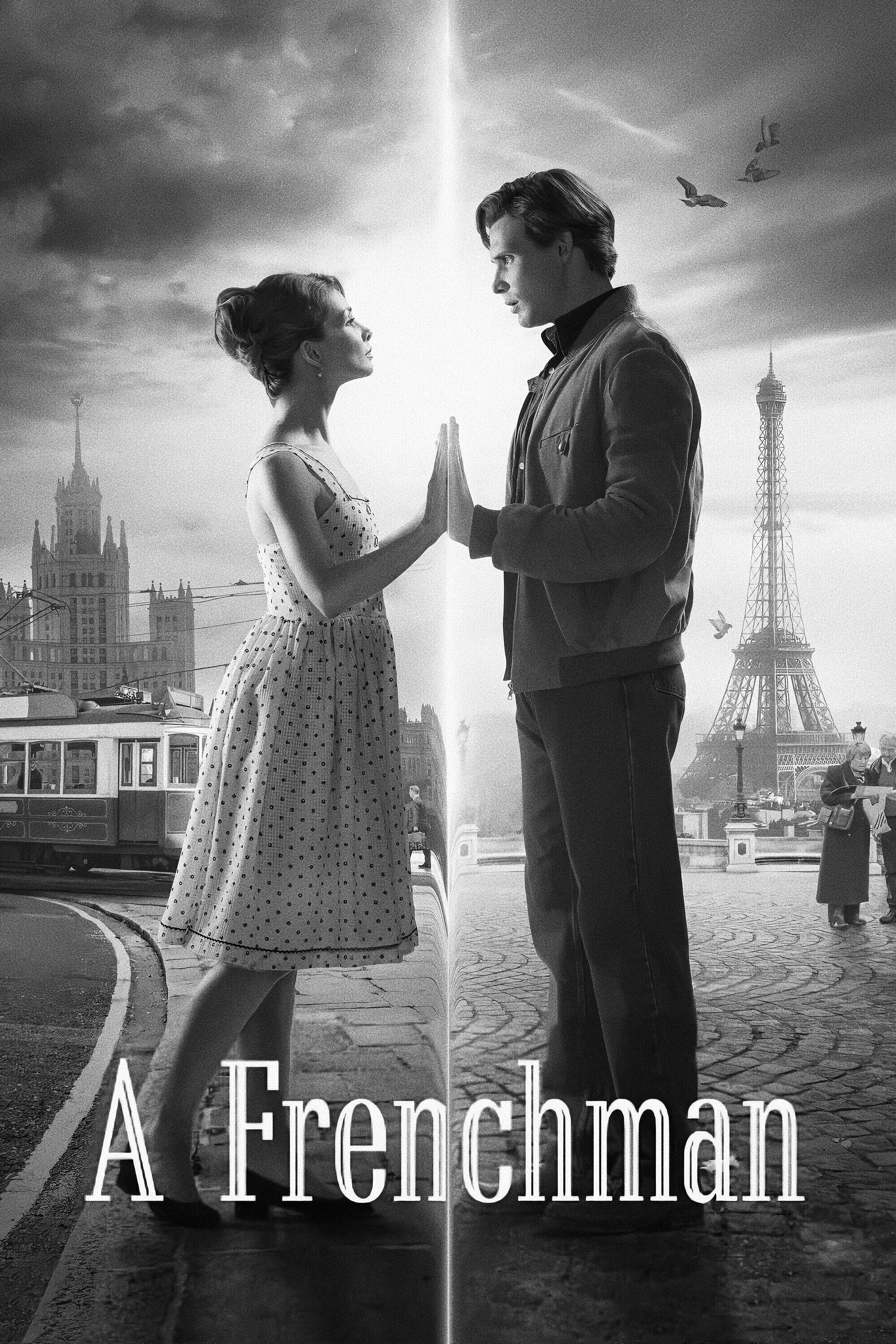
In 1957 French student Pierre Durand comes to Moscow to do an internship at Moscow State University. Here he meets ballerina Kira Galkina and photographer Valera Uspenskiy. With them he discovers the cultural side of Moscow — not just the traditional one, but the underground one as well. During his year in Russia’s capital Pierre lives an entirely different life than what he’s used to. But the internship and the experience of the Soviet people’s way of life are not the only things Pierre is after. He’s searching for his father, White officer Tatishchev, who was arrested in the 1930s.
The well-being of Stepan Sudakov’s family, which he himself believes in, turns out to be shaky. Practical, prudent, successful in business, Sudakov discovers that the family foundations he guarded in the walls of his apartment, in his nest, collapse one after another, and his own children are to blame.
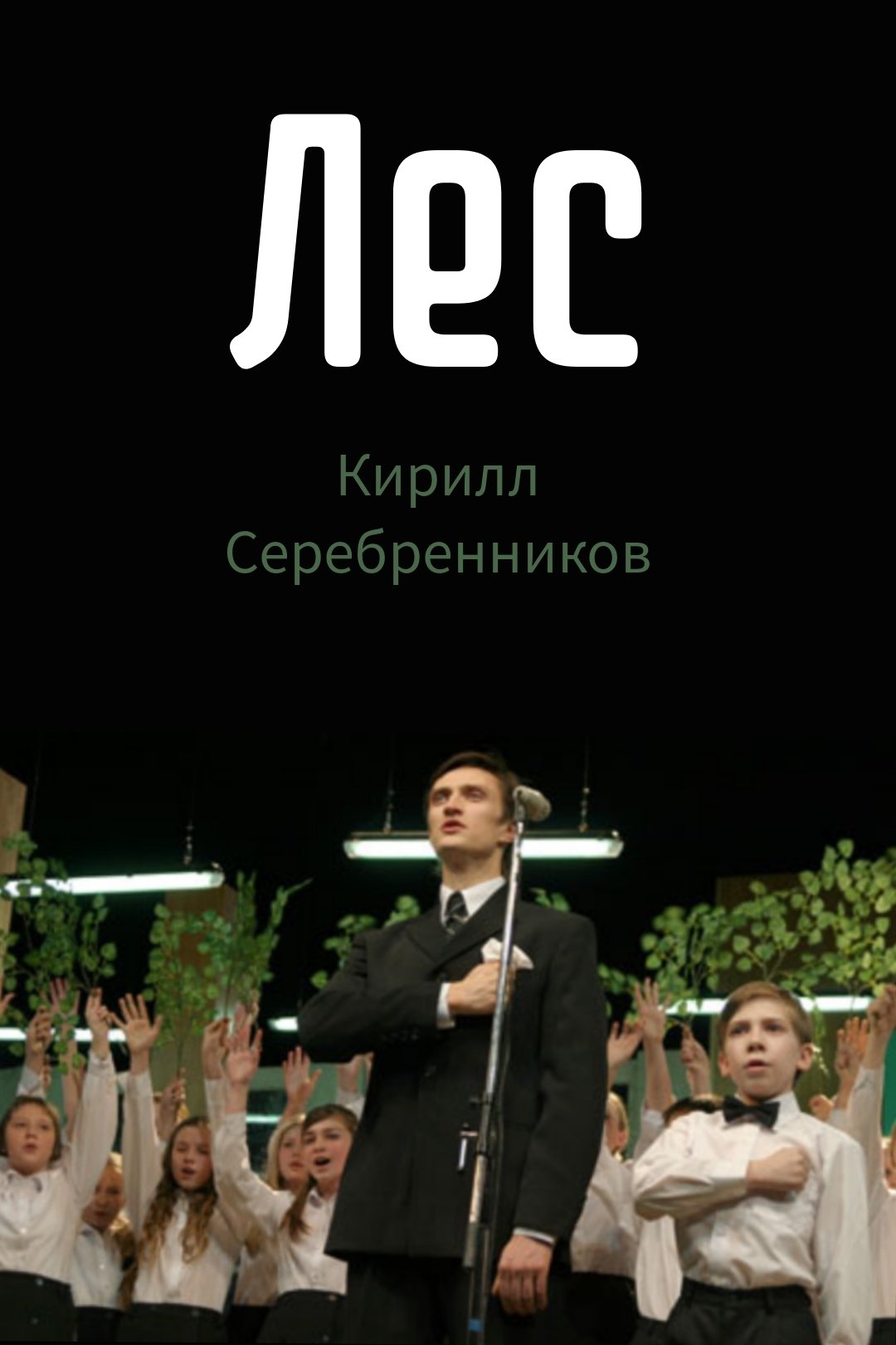
Alexander Ostrovsky's textbook comedy in the modern interpretation of Kirill Serebrennikov: about the price of freedom and love in the same ruble equivalent.
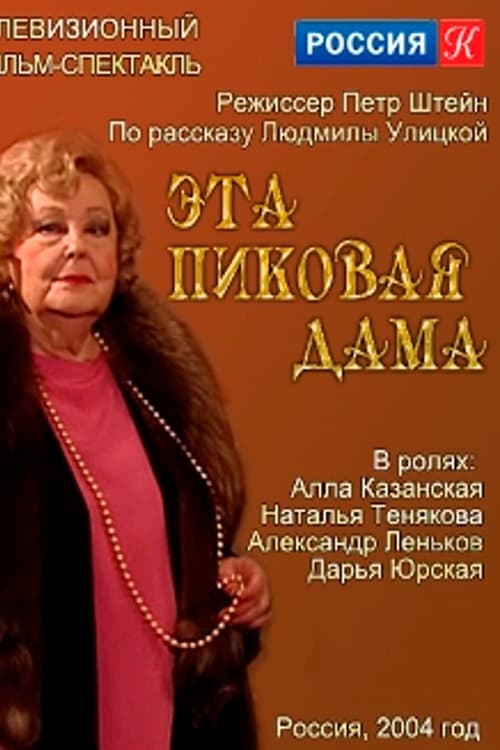
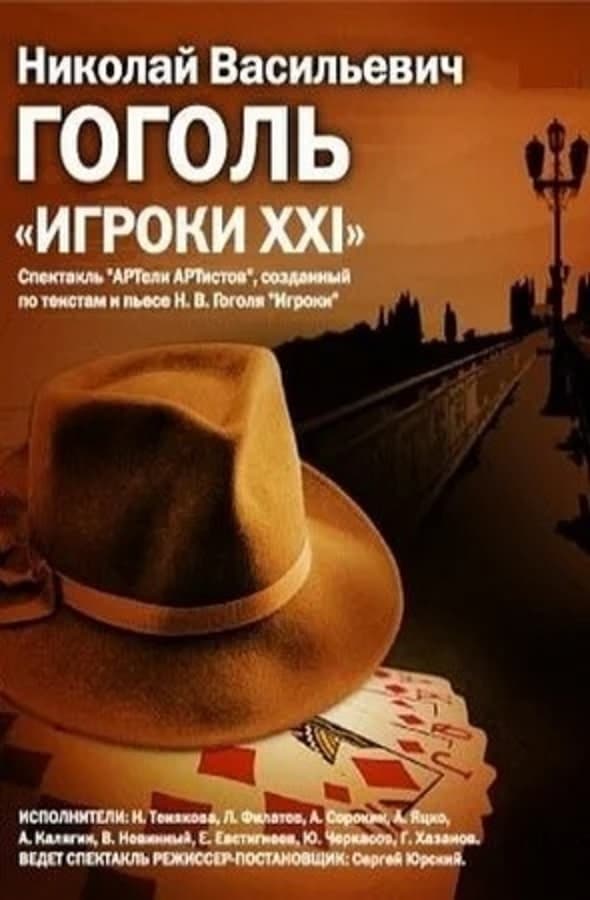
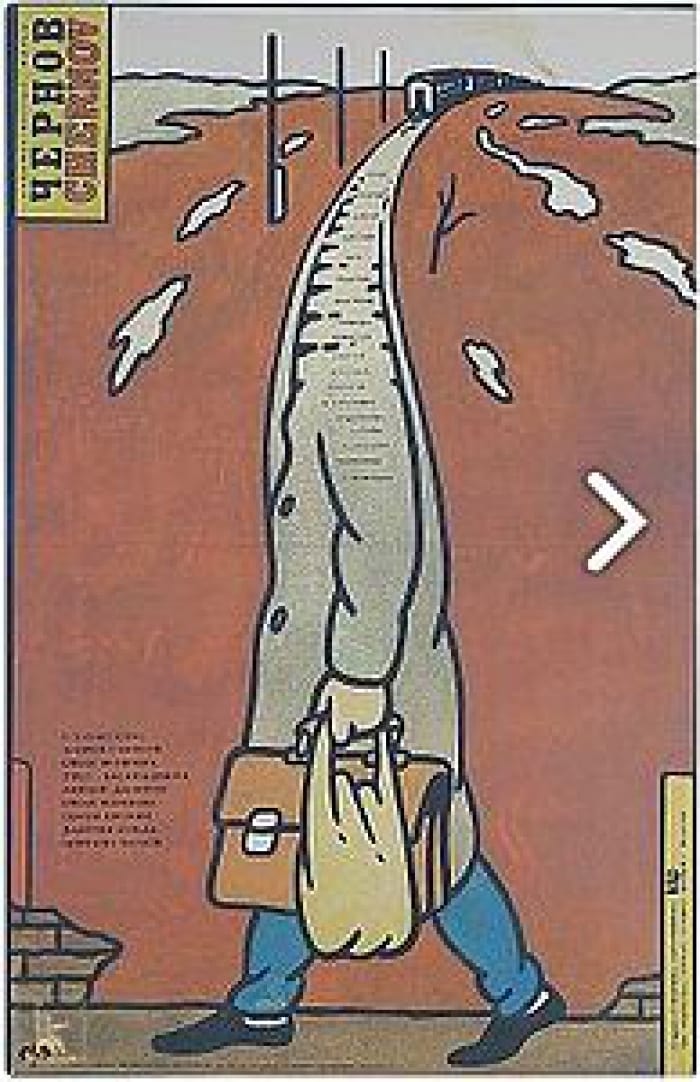
The strange title is explained by the fact that there are two films in the film: one is about a real day in the life of the real Moscow architect Alexander Petrovich Chernov, his mental crisis; and the other is Chernov’s fiction. There is a different fate, a different country, a different life. It is into this very life that Chernov strives to get into - and for the sake of a trip to Spain he will have to commit betrayal. There, for a moment, the doubles will be nearby and both will be on the verge of death. Who will die in the spring of 1978?
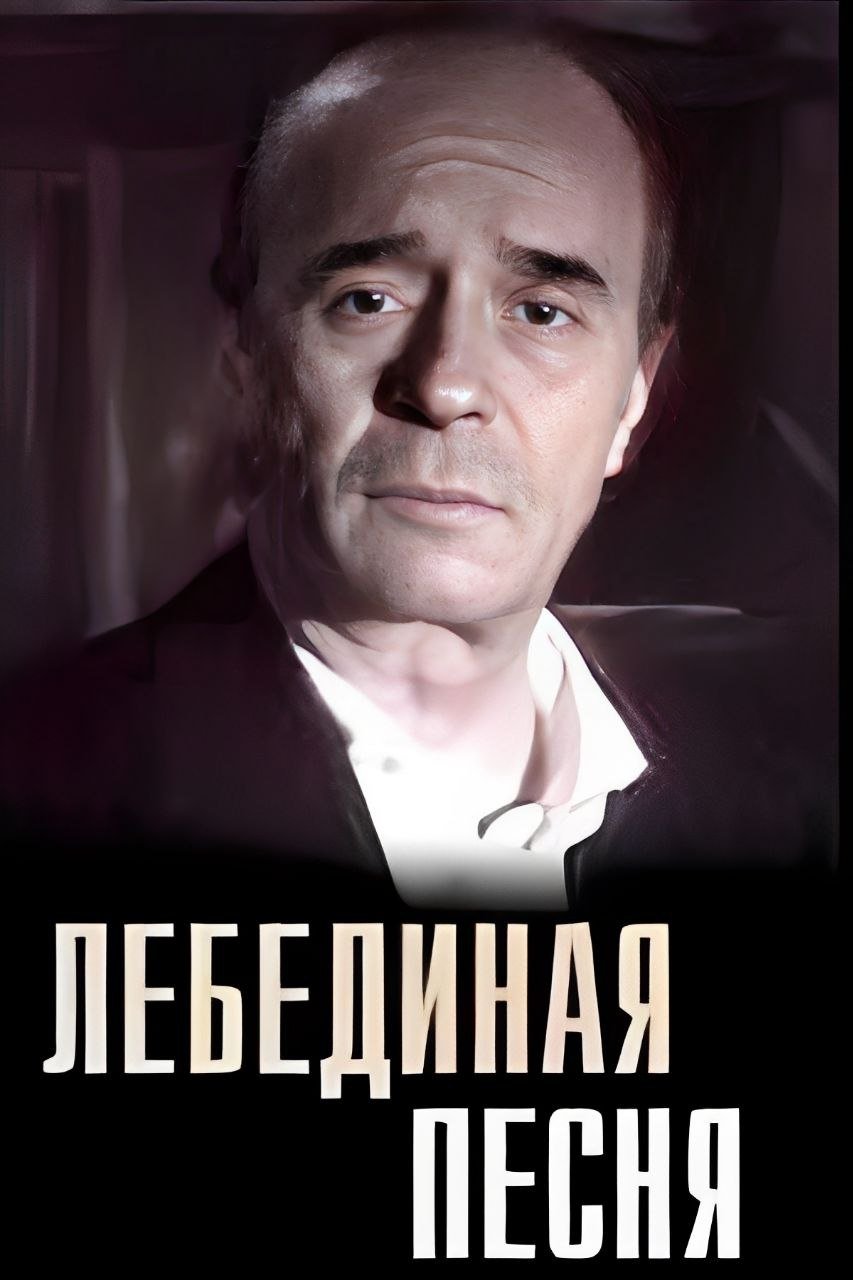
Oleg Borisov’s benefit performance. The plot of this televised stage production is based on Anton Chekhov’s dramatic sketch Swan Song, which tells the story of an aging actor’s fate. As the performance unfolds, the actor recalls some of his past roles in various productions based on the works of Ostrovsky, Griboyedov, Shakespeare, and Gogol. He also recites poems by Pushkin and sings a song by Okudzhava.
A story about women living in the same communal apartment, which they themselves nicknamed the "Widow's Steamer". Everyone has their own story and their own grief. In 1943, Anfisa Gromova returned here from the front…
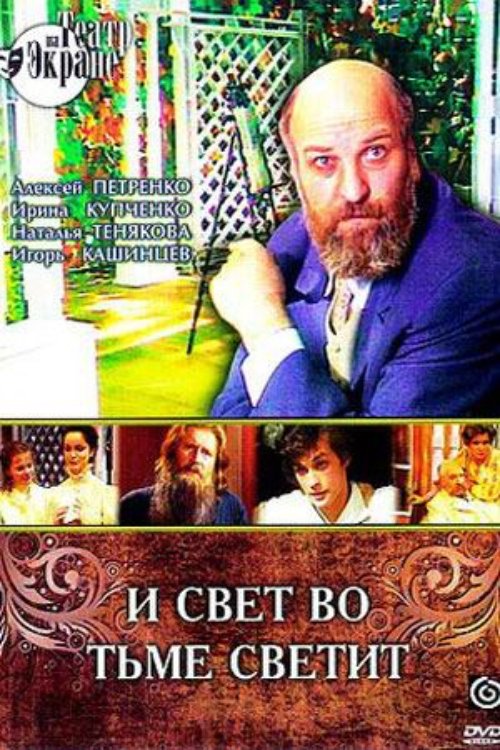
A man tries to follow his interpretations and behave accordingly, sacrificing his entire private property and living for the poor.
By browsing this website, you accept our cookies policy.